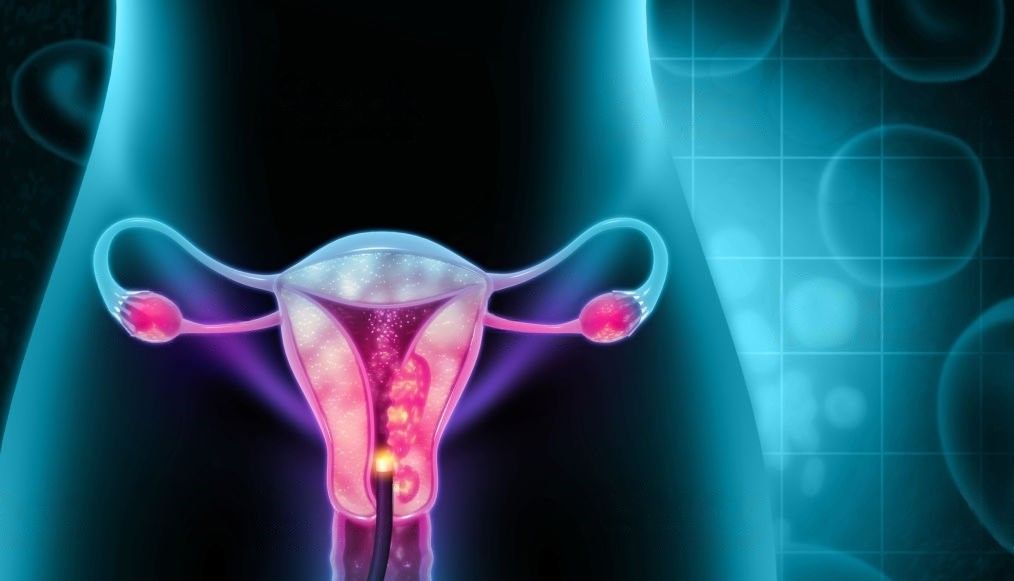Endometriosis Diet: Foods to Eat and Avoid for Symptom Relief
Incorporating anti-inflammatory foods, foods high in fiber, and plant-based proteins into your diet can aid in diminishing inflammation, promoting digestive health, and supplying crucial nutrients.

Endometriosis is a chronic condition that affects many women worldwide. It occurs when the tissue similar to the lining of the uterus grows outside the uterus, leading to various symptoms such as pelvic pain, infertility, and digestive issues. While there is no specific diet that can cure endometriosis, certain foods can help manage symptoms and improve overall well-being. In this article, we will explore the scientific research surrounding the endometriosis diet, discuss the foods to eat and avoid for symptom relief, and provide practical tips for incorporating these dietary changes.
Foods to Include in the Endometriosis Diet
1.Anti-Inflammatory Foods:
- Fruits and Vegetables: These are rich in antioxidants, vitamins, and minerals. Choose colorful options like berries, leafy greens, broccoli, and carrots to maximize nutrient intake.
- Healthy Fats: Include sources of omega-3 fatty acids such as fatty fish (salmon, mackerel), chia seeds, flaxseeds, and walnuts. These fats have anti-inflammatory properties that may help reduce inflammation associated with endometriosis.
- Herbs and Spices: Turmeric, ginger, cinnamon, and garlic have anti-inflammatory properties and can be beneficial in managing endometriosis symptoms.
2. Fiber-Rich Foods:
- Whole Grains: Opt for whole grains like quinoa, brown rice, oats, and whole wheat bread. These provide dietary fiber, which helps regulate bowel movements and supports overall digestive health.
- Legumes: Include beans, lentils, chickpeas, and other legumes, which are excellent sources of fiber and plant-based protein.
3. Plant-Based Proteins:
- Soy Products: Incorporate tofu, tempeh, edamame, and soy milk into your diet. Soy contains phytoestrogens, which may help balance hormone levels in some women with endometriosis.
- Nuts and Seeds: Almonds, walnuts, chia seeds, and flaxseeds are rich in protein, healthy fats, and fiber.
Foods to Limit or Avoid in the Endometriosis Diet
- Processed Foods: Limit your intake of processed and packaged foods, as they often contain additives, preservatives, and trans fats that may contribute to inflammation and worsen endometriosis symptoms.
- Caffeine and Alcohol: Caffeine and alcohol can disrupt hormone levels and exacerbate inflammation. Limit your consumption of coffee, tea, alcoholic beverages, and caffeinated sodas.
- Added Sugars: Excess sugar intake can lead to inflammation and hormonal imbalances. Minimize your consumption of sugary foods and beverages such as candy, pastries, soda, and sugary cereals.
- High-Fat and Fried Foods: Limit your intake of high-fat foods, especially those derived from animal sources. Choose lean protein options like fish, poultry, and plant-based protein sources. Minimize fried foods, as they can contribute to inflammation and may worsen digestive symptoms associated with endometriosis.
SUMMARY
While there is no cure for endometriosis, adopting a well-balanced diet can help manage symptoms and improve overall well-being. Including anti-inflammatory foods, fiber-rich foods, and plant-based proteins can help reduce inflammation, support digestive health, and provide essential nutrients. Conversely, limiting processed foods, caffeine, alcohol, added sugars, and high-fat and fried foods may help minimize inflammation and hormonal imbalances. It is important to listen to your body, consult with a healthcare professional or registered dietitian, and make dietary choices that work best for your individual needs and symptoms.
Jayti Shah is a Clinical Nutritionist with a master's degree in Clinical Nutrition and Dietetics. She is a member of the Indian Dietetic Association (IDA). Over the last 9 years, she has helped 400 clients in their clinical and weight loss journeys. She works with SocialBoat as a nutrition consultant.
At SocialBoat, we offer custom diet plans and guided workouts to help you achieve your goals in a 360-degree approach. Our gamified experience ensures that you don’t find workouts boring and we reward you for being consistent with your efforts.

REFERENCES
- Parazzini F, Viganò P, Candiani M, Fedele L. Diet and endometriosis risk: A literature review. Reprod Biomed Online. 2013;26(4):323-336.
- Missmer SA, Chavarro JE, Malspeis S, et al. A prospective study of dietary fat consumption and endometriosis risk. Hum Reprod. 2010;25(6):1528-1535.
- Nagata C, Hirokawa K, Shimizu N, et al. Associations of menstrual pain with intakes of soy, fat and dietary fiber in Japanese women. Eur J Clin Nutr. 2005;59(1):88-92.
- Zhang T, De Carolis C, Man GCW, et al. Nutrients, foods, and colorectal cancer prevention. Gastroenterol Rep. 2020;8(1):19-29.
- Murray MJ, Nicholson WK, Darragh TM, et al. Prevalence of endometriosis in symptomatic women in the United States: A cross-sectional study in electronic health records. Fertil Steril. 2017;107(6):1387-1393.e5.
